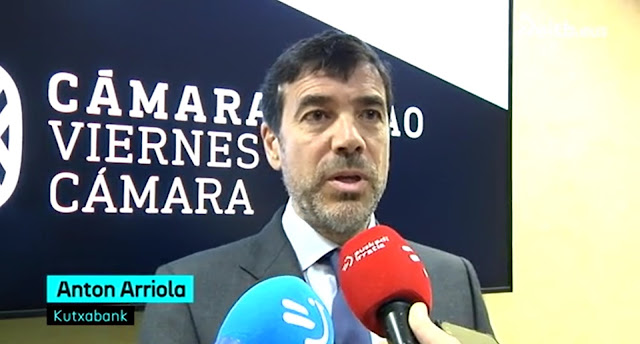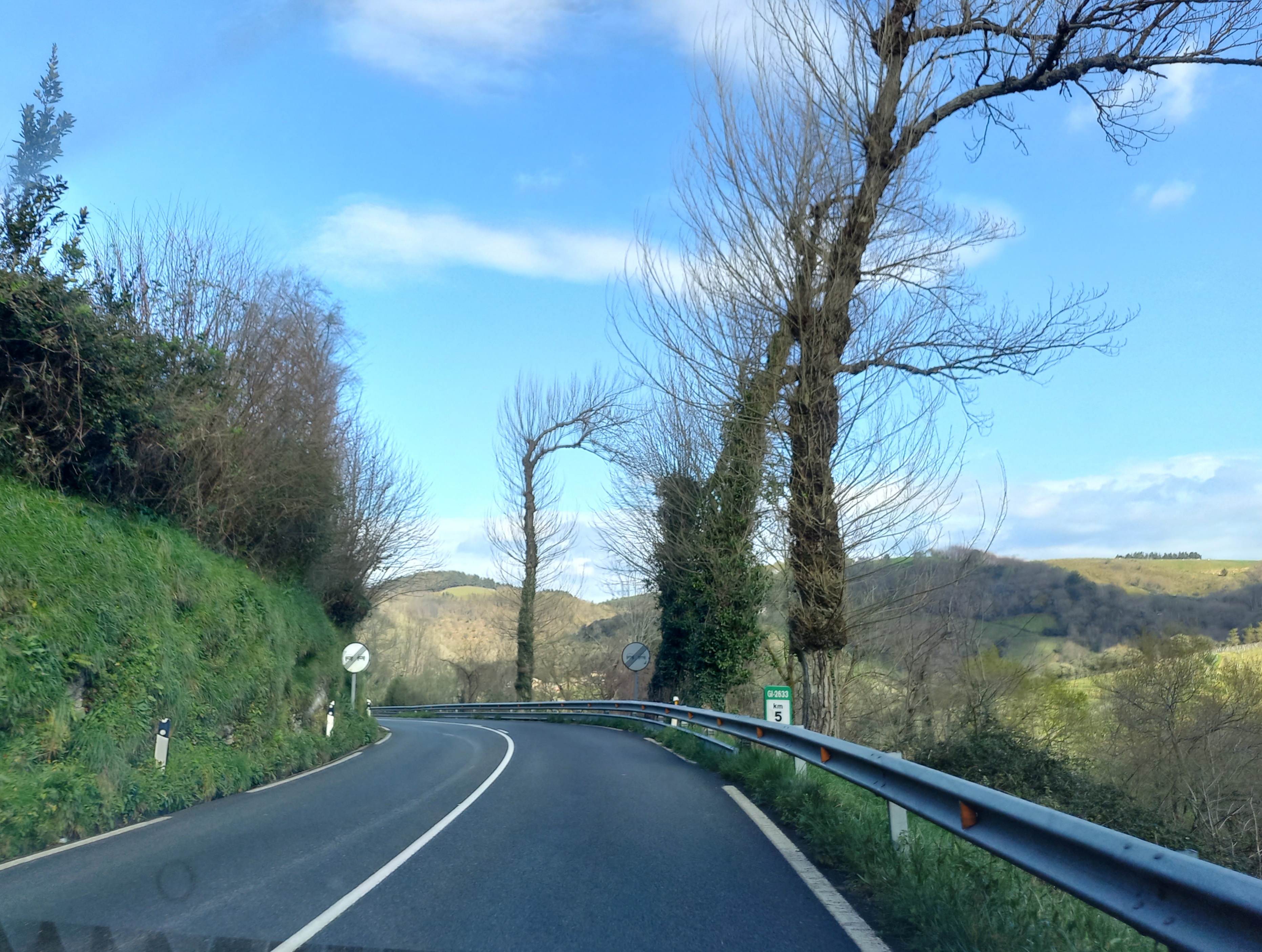Portuguese elections (and II): Chega and megalothymia, a clear profile
Since the establishment of democracy in the 1970s until the 2019 legislative elections, Portugal has held permanent parliamentary representation of traditional political parties. For about five decades, the alternation between the ideological axes of left and right facilitated the succession of governments formed by the centre-left Socialist Party and the center-right Social Democrat Party, some of them based on coalitions.
Thanks to the legislative elections of 2022, the party led by Ventura went from a deputy to 12, and transformed the centre-right political map, which disappeared for the first time from the CDS-PP Parliament since 1974. Chega is now the third political force, following the classic bipartisanship symbolised by the Socialist Party and the Social Democratic Party. The original profile of Chega voters has gone from middle-aged men with primary or secondary education to younger men with religious beliefs, concentrated in rural areas and dissatisfied with politics. Ventura’s followers are critical of globalization and migratory flows and complain about these two phenomena: the economic crisis and stagnation in Portugal.
In Portugal, the Socialists are still losing protection. The Democratic Alliance is leading the latest polls, but it will not only win the investiture, without previously allied with other forces in the centre.
Attacks on the Capitol in January 2021, or on the president's palace in Brasilia, Congress and the Supreme Court after the defeat of Jair Bolsonaro, confirm that far-right voters do not accept the change and are not disillusioned with the leadership of these administrations (Stefanoni, 2023). The political changes in both countries, with the electoral victories of Joe Bide and Lula da Silva, occurred as a result of a greater mobilization of leftist and progressive voters who decided to work to get the populists out of power. Something similar happened in Spain in the parliamentary elections of July 2023, when the government formed by the Popular Party and Vox was avoided.
The advancement of the extreme right around the world responds to the creation of alliances with more ideologically conservative organizations. Extreme groups realize that they cannot reach power on their own, so they resort to treaties that facilitate access to governments. In Portugal, the Socialists are still losing support over previous years. According to Heller, the Democratic Alliance leads the latest polls and has a vote intention of over 28% for the March 2024 elections. However, if these figures are maintained, it will not only win the investiture, without first allied with other forces in the centre, if they reach an agreement and certainly with the far-right side of Chega.
It is important to remember Francis Fukuyama here and to analyse how the strengthening of populist movements can be a response to people’s small respect for modern liberal democracies, where individual rights, the pillars of the rule of law and suffrage are guaranteed. However, these elements are not sufficient to ensure equal respect for people in practice, especially groups with a history of marginalization. Moving from isothymia (demand for respect for equality with others) to megalothymia (desire to be recognised as superior) is very subtle and becomes capable of destabilising societies through racism and xenophobia. The themes built around Thymos (part of the soul that wants the recognition of dignity) are usually recognition, dignity, immigration, nationalism, religion or culture, according to Ruiz (2022). They all go beyond the dogma of economic motivation and become engines of actions that cannot be satisfied with economic or financial resources.
Carvalho Cardoso
Student of the Faculty of Law of the UPV/EHU, Bachelor of Political Science and PhD in Philosophy (University of Porto)
Bidali zure iritzi artikuluak iritzia@argia.eus helbide elektronikora
ARGIAk ez du zertan bat etorri artikuluen edukiarekin. Idatzien gehienezko luzera 4.500 karakterekoa da (espazioak barne). Idazkera aldetik gutxieneko zuzentasun bat beharrezkoa da: batetik, ARGIAk ezin du hartu zuzenketa sakona egiteko lanik; bestetik, egitekotan edukia nahi gabe aldatzeko arriskua dago. ARGIAk azaleko zuzenketak edo moldaketak egingo dizkie artikuluei, behar izanez gero.
Public education teachers have the need and the right to update and improve the work agreement that has not been renewed in fifteen years. For this, we should be immersed in a real negotiation, but the reality is deplorable. In a negotiation, the agreement of all parties must be... [+]
A few weeks ago, on Diputación Street, in the centre of Vitoria-Gasteiz, two men threw a homeless person off the small landing outside the place where he slept. In addition to being thrown away, a metal railing was immediately placed in front of the lonja. Although the place... [+]
From linguistics or glotophobia and, of course, hatred against Basque, we have often seen our Basque become the dandruff of all sticks. Last of all, the president of Kutxabank, Anton Arriola, has been shaking our language and giving us galantas.The President of Kutxabank,
... [+]
Do not look for this connection from Ezkio or Altsasu, let alone crossing the Ebro River through Castejón. The connection, or rather the connections, between the Basque Y and the AVE of Navarre is already a reality. It is these links in the plural that should concern us and... [+]
Don't make a fuss, don't confront, don't victimize... and obey. As oppressed subjects, in this case as Basques, we talk, how many times have we had to listen to them? Ironically, two years ago, at the Euskalale Independentiston Meeting, Esne Arzallus said: "We have arrived here,... [+]
Aurten "Israel Premier Tech" txirrindularitza talde israeldarra ez da Lizarraldeko Miguel Indurain Sari Nagusia lasterketara etorriko. Berri ona da hori Palestinaren askapenaren alde gaudenontzat eta munstro sionistarekin harreman oro etetea nahi dugunontzat, izan... [+]
Intsumituek denbora luzez egindako borroka gogorra eta mingarria izan zen, baina irabazi zuten, eta garaipen hura behin betikoa izango zela uste genuen, atzera bueltarik gabea. Baina badirudi, politikari batzuen ahotik aterata, eskalada militaristari gorazarre egin eta berriz... [+]
Punto Bobo liburuaren irakurketan murgilduta, Itxaso Martin Zapirain egilearen Eromena, Azpimemoria eta Isiltasunak Idazten ikerketa lanean sentitu nuen egiazkotasun eta maila etikoarekin egin dut berriz ere topo. Eta hortaz, hara bueltatu. “Oihu izateko jaio zen isiltasun... [+]
Dirudienez, Euskal Herrian migrazioa arazo bilakatu da azken bi hamarkadetan. Atzerritarrez josi omen dira gure lurrak. Gure kultura arriskuan omen dago fenomeno “berri” horren ondorio. Lapurretak, bortxaketak, liskarrak… Bizikidetza arazo horiek guztiak... [+]
Azken hamarkadetan euskararen biziberritzeak duen erronka handienetakoa, euskararen ezagutzaren unibertsalizazioarekin batera, erabilerarena da. Askotan, gazteen euskararen erabileran jarri ohi dugu fokua, baita euskararen erabilerak izan duen eta izan dezakeen bilakaeraren... [+]
Goizean jaiki orduko hasten dira desegokitasunak. Beharbada lotarako erabili duzun lastaira ere ez zen egokiena. Baina, ezin ba idatzi desegoki sentiarazten nauten guztiez. Horregatik, udaberriko ekinozioa –egunaren eta gauaren arteko oreka– dela eta, oraindik ere,... [+]
Ez da gauza berria politikari profesionalak gizarteko arazoak estaltzeko ahaleginetan ibiltzea. Azkenaldian Denis Itxaso -EAEko Etxebizitza sailburua- entzun dugu etxegabetzeei garrantzia kenduz eta aditzera emanez gurean bazterreko fenomenoa direla; eta Begoña Alfaro... [+]
Antropozentrismoaren aldaera traketsena eurozentrismoa izan zen. Europako mendebaldea, geografikoki, Kontinente Euroasiarraren penintsula txiki bat besterik ez da, baina lau mende luzez gertaera demografiko, teknologiko eta ideologiko batzuk zirela medio, bazter horretako... [+]
Badakizuenok badakizue, beste gauza asko bezala, euskararen aldeko borrokan ere politikoek, eragile batzuek eta hedabideek beraien antzezlana saldu nahi digutela, benetakoa balitz bezala.
Lehen urtean pozik jaso nuen, "Euskaraldi" hau. Zer edo zer zen, ezer ez zegoela... [+]










